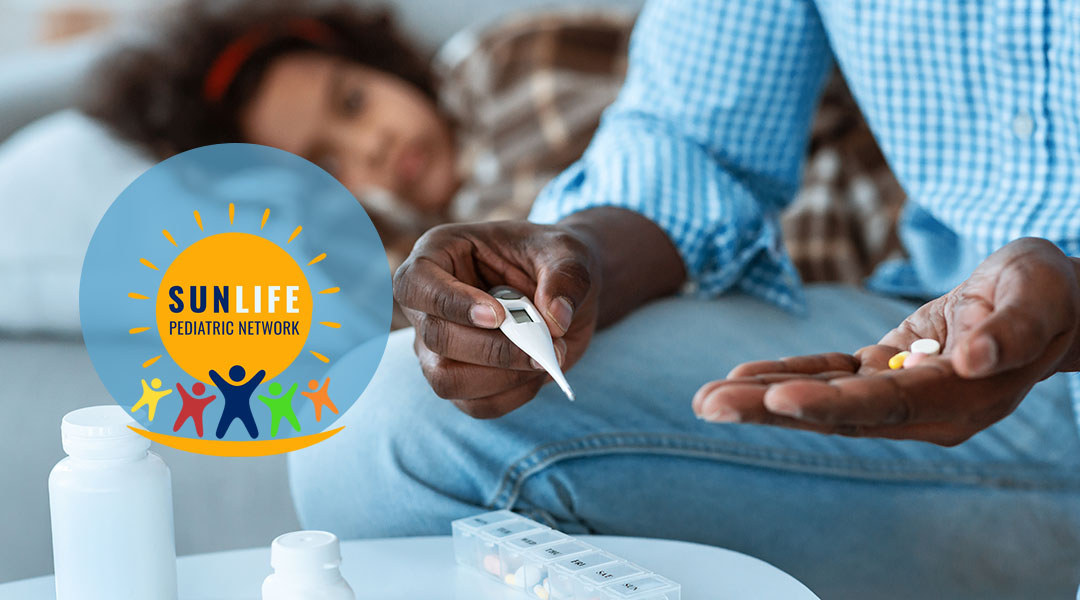Fevers can be very scary for parents of young children, and it’s understandable why. Fevers could potentially be a sign of something more serious, and when your child first gets a fever, it can be difficult to tell whether it’s going to become something more serious. Luckily, fevers aren’t serious the majority of the time, and are a common part of how the body fights off infections. On average, a child will contract several infections a year, which could add up to several fevers. Most of the time, fevers are nothing to worry about and will pass in a day or two. However, parents should always keep an eye on it in case it gets more serious. Here are some things to watch out for so you have an idea of when you should be worried about your child’s fever.
Things To Watch Out For
If your child has a fever under the following circumstances, you should seek immediate medical attention:
- If the fever is accompanied by a dark rash resembling a bruise (flat or raised, small or larger spots) and doesn’t get paler with pressure.
- If your child is younger than three months. Newborns have vulnerable immune systems and it’s difficult for them to communicate what’s wrong.
- If your child sleeps all the time or is extremely irritable. Children tend to be quite cranky and sleepy when they get sick, and if your child is much crankier or sleepier than normal then it may be time to call your doctor.
- If your child is in severe pain or has difficulty moving any parts of their body (like their neck), then you should seek medical attention.
- If there is trouble breathing, or if your child is breathing more forcefully or quickly than normal, your child may have a serious lung infection.
- If your child has a pre-existing condition or is currently prescribed medication, it may lower their immune system and make it more difficult to fight infection. You should always check in early with your child’s pediatrician in this case.
Other Times You Should Call Your Doctor
You should call your child’s pediatrician or family doctor if the following circumstances arise:
- Fever over 102 degrees F
- Rash accompanying their fever; this could be a sign of a virus like chicken pox or measles
- If the fever lasted over two or three days
- Dehydration; if your child is drinking and urinating much less than normal
Contact Us Today
If your child has a low-grade fever with no other accompanying symptoms, it’s likely that it is just a minor illness and they will recover efficiently. You should make sure that your child is ingesting plenty of fluids and resting well. You may also want to keep the sick child isolated from your other children or their playmates until they have recovered to prevent the illness from spreading. Sunlife Pediatric Network is a top pediatric clinic in Pembroke Pines, FL with a location soon to come in Plantation, FL. Call Sunlife Pediatric Network for your pediatric needs today!

